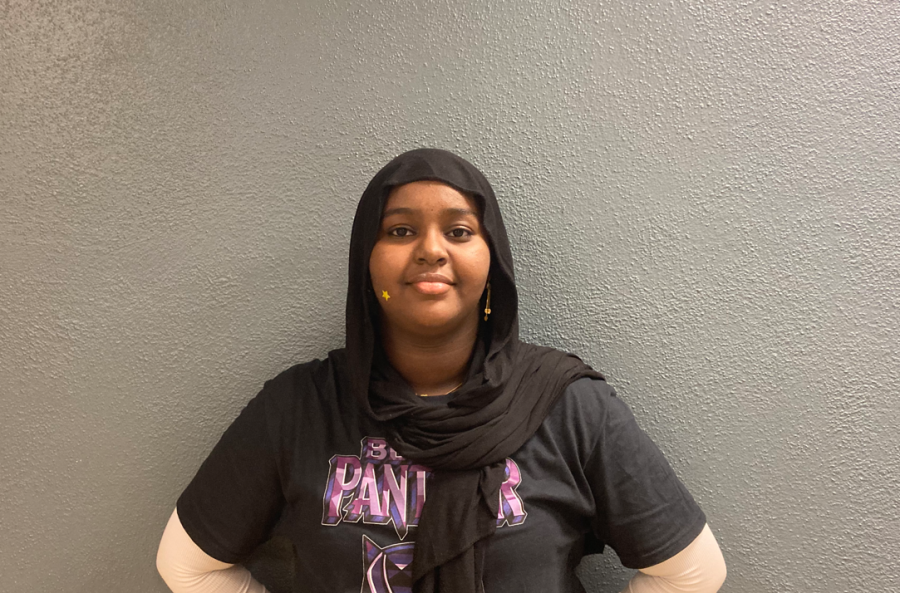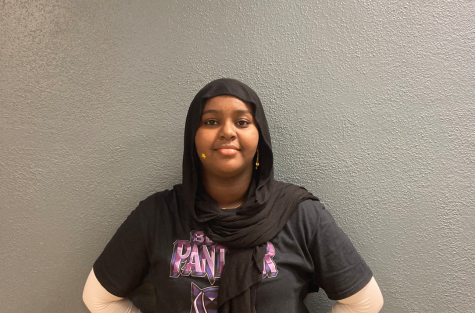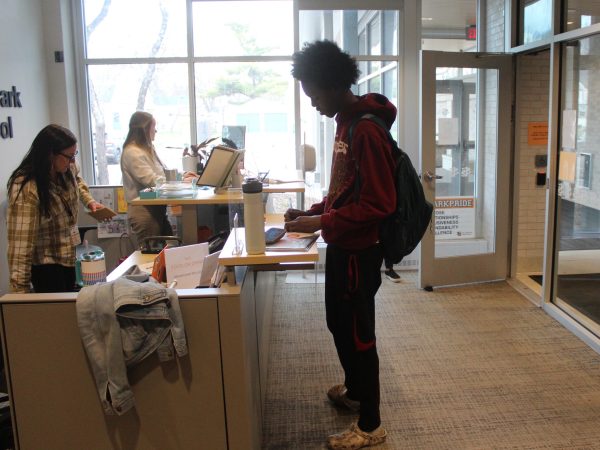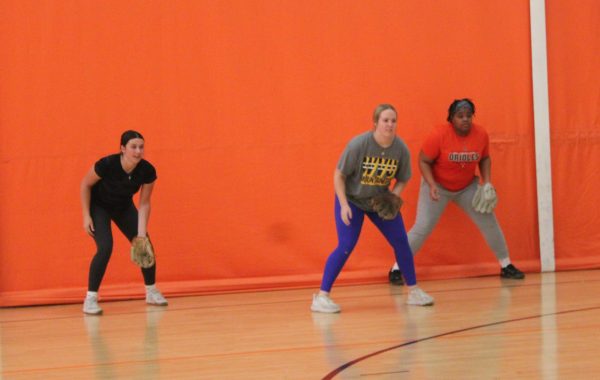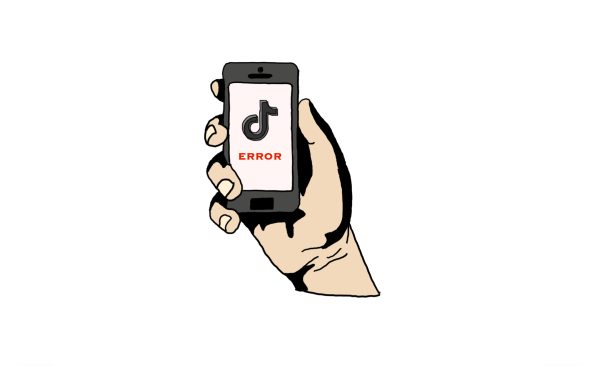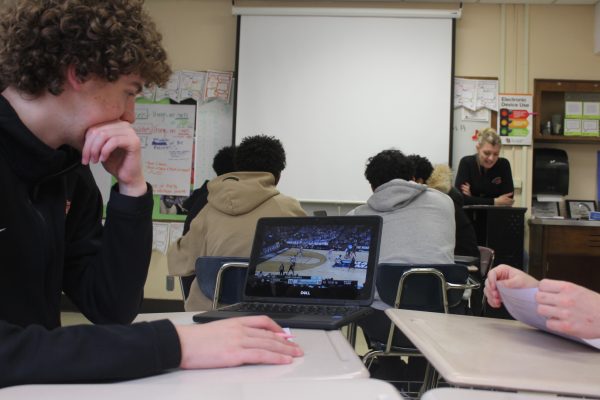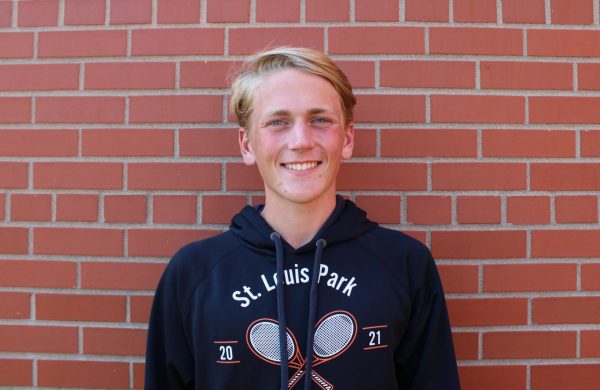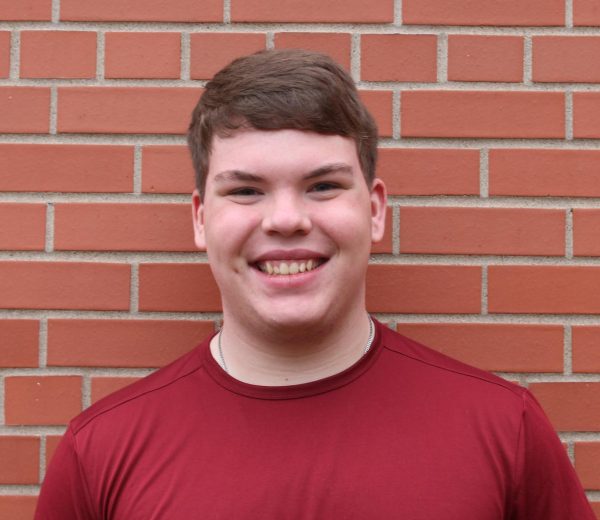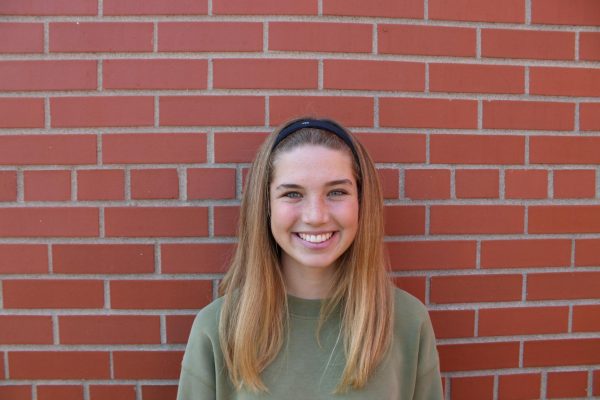Ramadan impact on students
Park provides accommodations for fasting and prayer
March 31, 2023
It’s that time of the year, Ramadan Kareem for all Muslims around the world. When it comes to Ramadan, it’s not just fasting — which is no eating or drinking — you also have to continue to pray the five prayers, Al-fajir (before dawn prayer), Al-duhur (noon prayer), Al-asr (afternoon prayer), Al-mahgrib (sunset prayer) and Al-isha (night prayer). It’s also encouraged to stop listening to music completely because it’ll take away your main focus in Ramadan, but nasheeds (songs with no instruments) are allowed.
What you can do during Ramadan is give Zakat (giving out money as donations), read the Quran daily and go to Taraweeh, which isn’t required but it’s encouraged to do so. The meaning of Ramadan is to remember the poor and the less fortunate and so that’s where the fasting, from sunrise to sunset, comes from.
My experience as a Muslim who fasts while still going to school is really a challenge for me. Only because having to go to seven different classes and walking during passing time is a bit much. I won’t complain though, because it’s not my first year of fasting. One positive thing I will look at is staying in a classroom during lunch, because I get to be with friends who are also fasting and just hang out together. My future goals for this Ramadan is to be closer to Allah (SWT) and practice my deen, which means focusing more on my religion.
Praying Duhur prayer in school is a bit of an issue because they unlock the doors ten minutes after the actual prayer time. It’s also packed with students — especially during Ramadan — and the rooms don’t have enough space. Some classes excuse tardiness because they know students come from prayer but other teachers still mark it as unexcused, which is a problem.
What Park can work on is letting students come at least five minutes late because of the crowdedness of the prayer room. Not to be asking for too much, but there should also at least be a new spacious room because of how many students come to pray. One other thing is the homework, it’s difficult because students who participate in Ramadan typically take a nap after school then wake up for iftar, (time to break the fast), to make their hunger unnoticeable for themselves, and because of this, it gets hard to keep up with assignments.
Ramadan is a special holiday because you can spend the time eating and hanging out with friends and family, making more time for the religion, and helping out within the community. I recommend fasting to students who’ve never had the experience because it’s such a spiritual emotion and you also feel like you’ve done something so unique and beautiful. I hope Park continues to support and work to improve the experience of students participating in this tradition.



